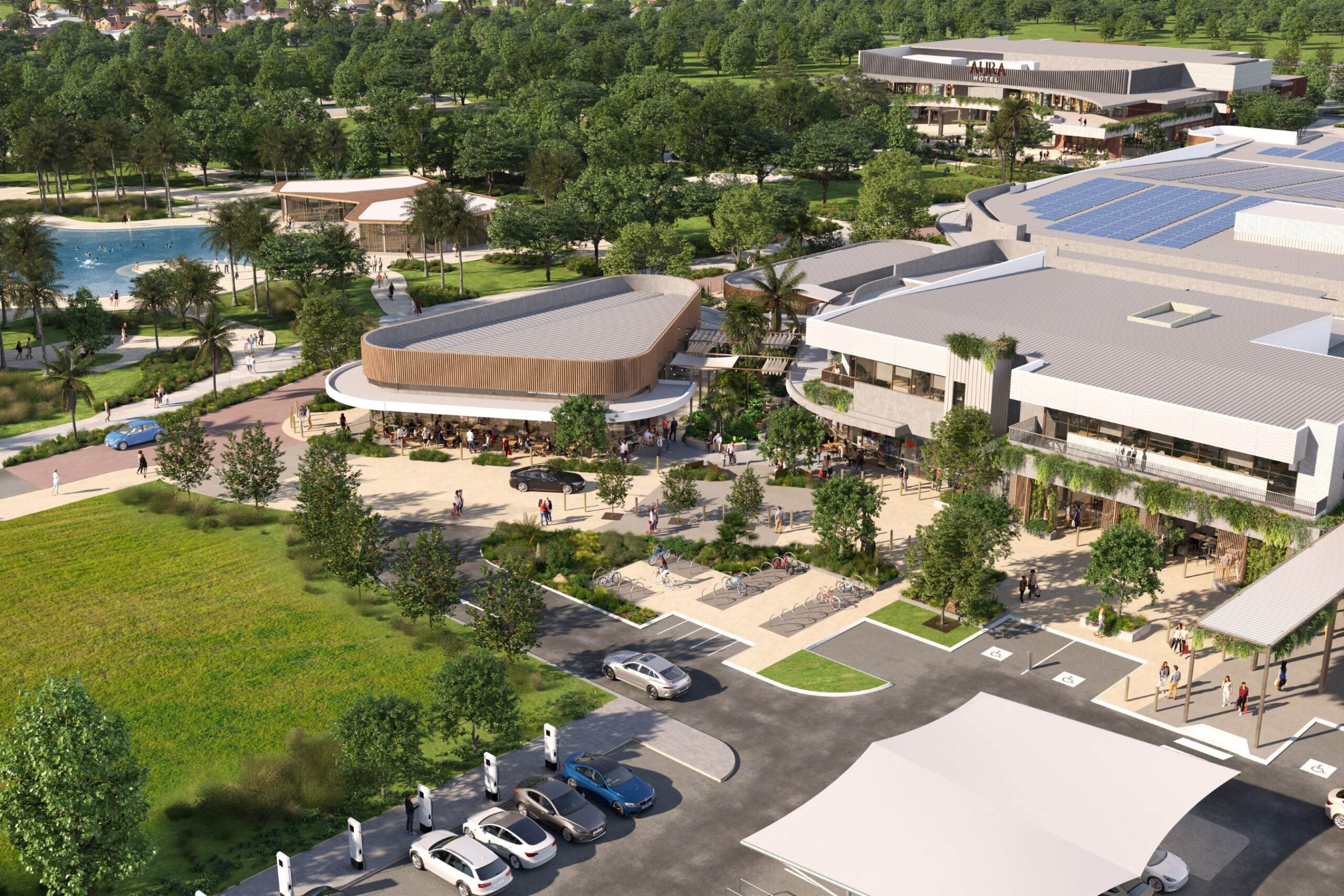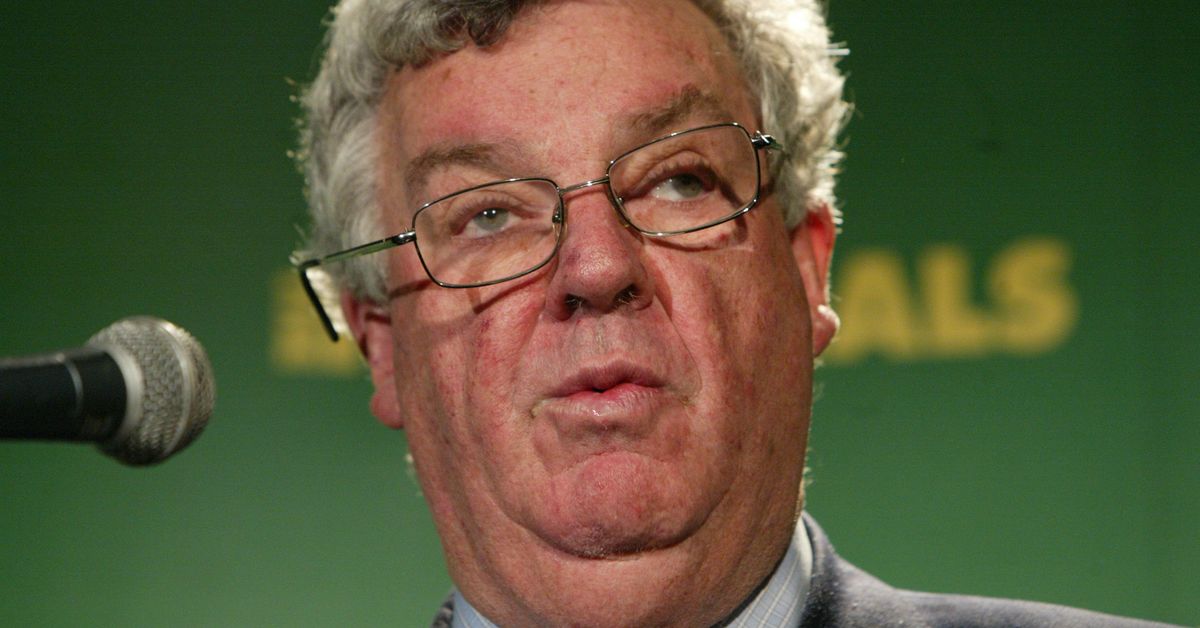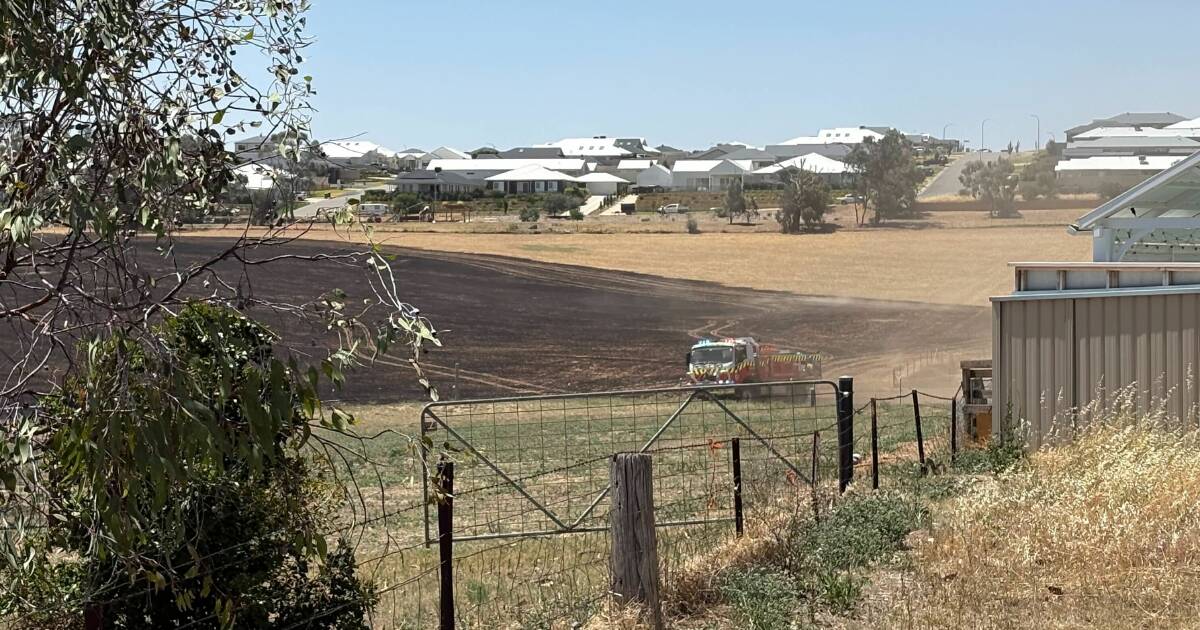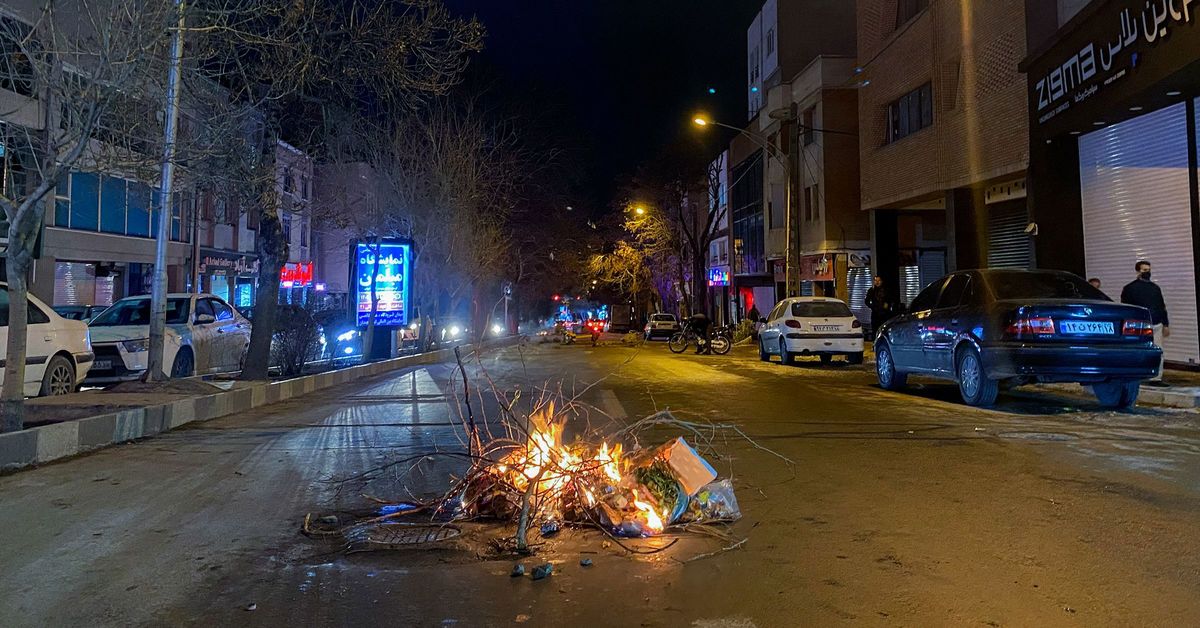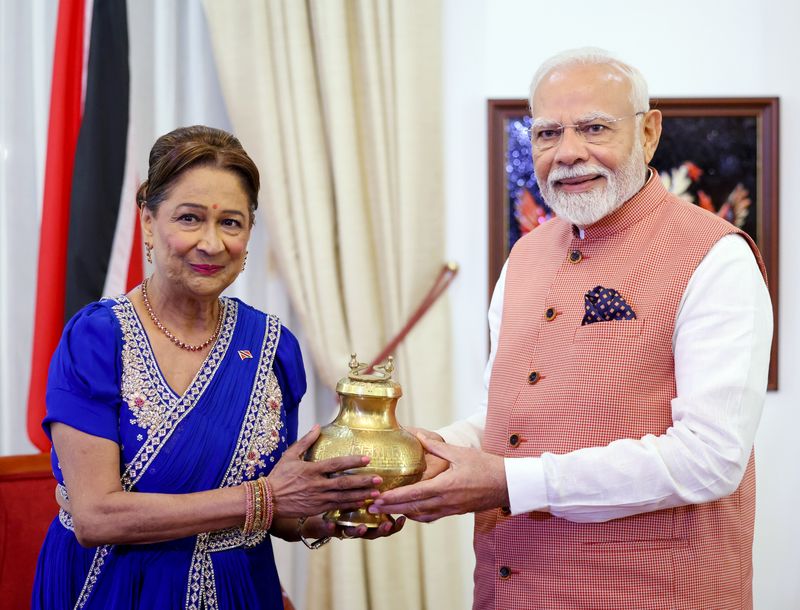
Prime Minister Narendra Modi on Friday celebrated the enduring ties between India and Trinidad and Tobago, referring to the country’s Prime Minister Kamla Persad-Bissessar as “Bihar ki Beti” or “daughter of Bihar” during an address to the Indian diaspora. This affectionate term highlights the deep-rooted cultural and historical connections between the two nations.
In a significant gesture, Trinidad and Tobago conferred its highest civilian honor, The Order of the Republic of Trinidad and Tobago, on Modi. This accolade recognizes his efforts in strengthening bilateral relations. Modi is the first foreign leader to receive this prestigious award, emphasizing his role as a statesman and a champion for the Global South.
During a community event, Modi shared that Persad-Bissessar’s ancestors hailed from Buxar in Bihar, a connection she has personally explored by visiting the town. “We are not just connected by blood or surname, we are connected by belonging. India looks out to you and welcomes you,” Modi stated, underscoring the shared heritage and mutual respect between the countries.
Historical Ties and Cultural Connections
The announcement comes as Modi recalled Persad-Bissessar’s visit to India 25 years ago, noting how Indo-Trinidadian ties have strengthened since. He highlighted cultural overlaps, such as street names like Banaras, Patna, Kolkata, and Delhi in Trinidad, as well as local celebrations of Indian festivals like Navratri, Mahashivratri, and Janmashtami. Traditional music forms such as ‘Chautal’ and ‘Bhaitak Gana’ continue to resonate in Trinidad and Tobago.
“Even though Trinidad and Tobago is smaller than Jodhpur, the Indian community here has played a big role in its culture and economy,” Modi remarked. “Indian traditions live on in food, music, language, and festivals,” he added, celebrating the vibrant Indian diaspora.
Persad-Bissessar’s Historic Achievements
Kamla Persad-Bissessar holds several historic distinctions: she is the first woman to become Prime Minister, Attorney General, and Leader of the Opposition in Trinidad and Tobago. Notably, she is also the first woman of Indian origin to head a government outside India and the subcontinent, and the first woman to chair the Commonwealth of Nations.
Her leadership and the recognition of her Indian roots have further solidified the bonds between the two nations. According to the Ministry of External Affairs, about 40 percent of Trinidad and Tobago’s population is of Indian origin, with a rich history dating back to the arrival of indentured laborers between 1845 and 1917.
Strengthening Diaspora Relations
In a significant announcement, Modi declared that Overseas Citizen of India (OCI) cards would now be available to the sixth generation of the Indian diaspora in Trinidad and Tobago. This move aims to strengthen the connection between the Indian government and its diaspora, fostering a sense of belonging and facilitating easier travel and business opportunities.
Earlier, Modi received a ceremonial welcome at Piarco International Airport, where he was greeted by Prime Minister Persad-Bissessar, 38 ministers, and four MPs. This warm reception underscores the mutual respect and friendship between the two nations.
Looking Ahead
The move represents a step forward in India’s foreign policy, particularly in engaging with the Indian diaspora worldwide. As both nations look to the future, the emphasis on cultural ties and mutual respect will likely continue to play a pivotal role in their relationship. The recognition of shared heritage and the efforts to deepen connections reflect a broader strategy of fostering global partnerships based on historical and cultural affinities.
As Modi returns to India, the impact of his visit is expected to resonate in both countries, paving the way for new opportunities and collaborations. The strengthening of ties with Trinidad and Tobago is a testament to the enduring power of cultural diplomacy and the shared values that bind nations together.
